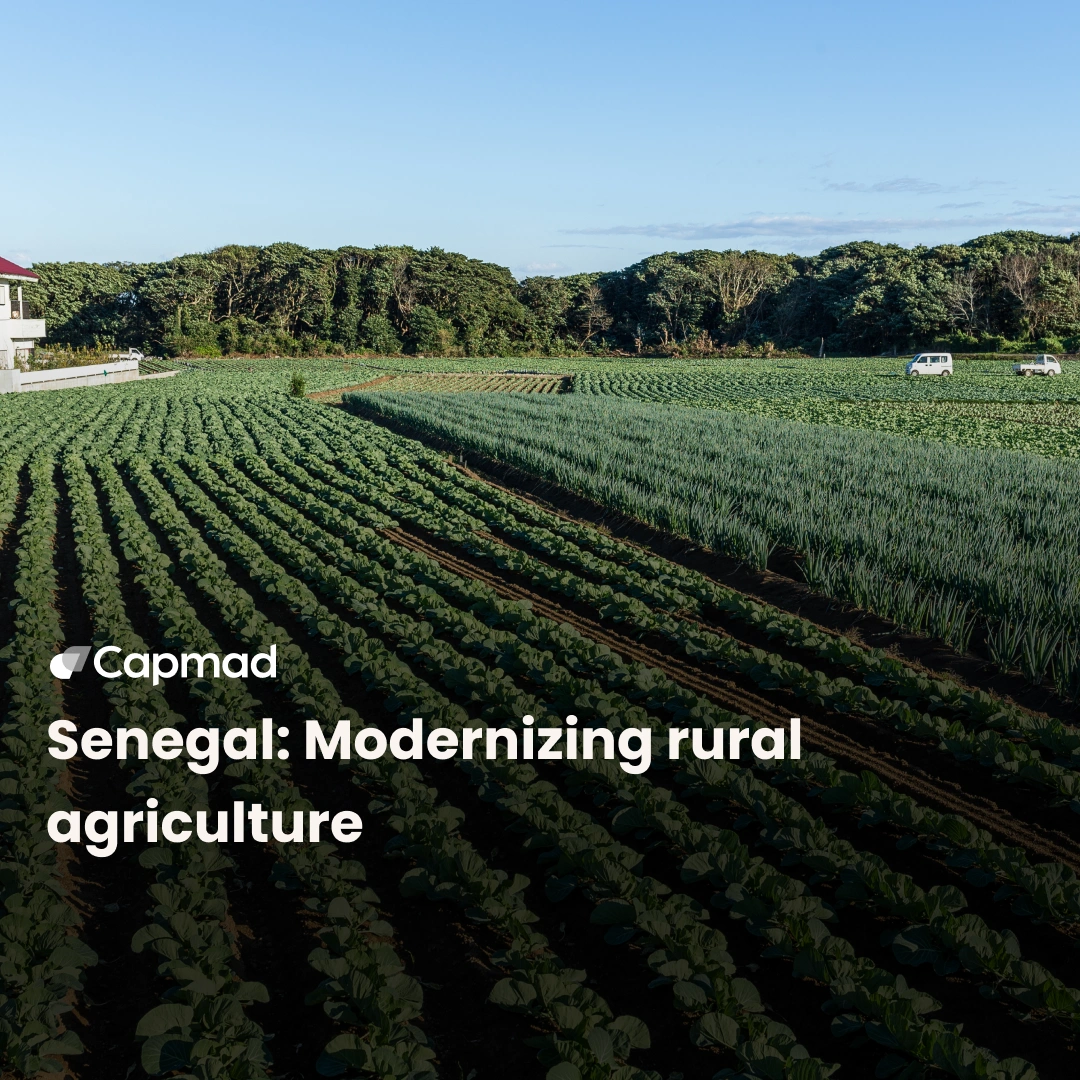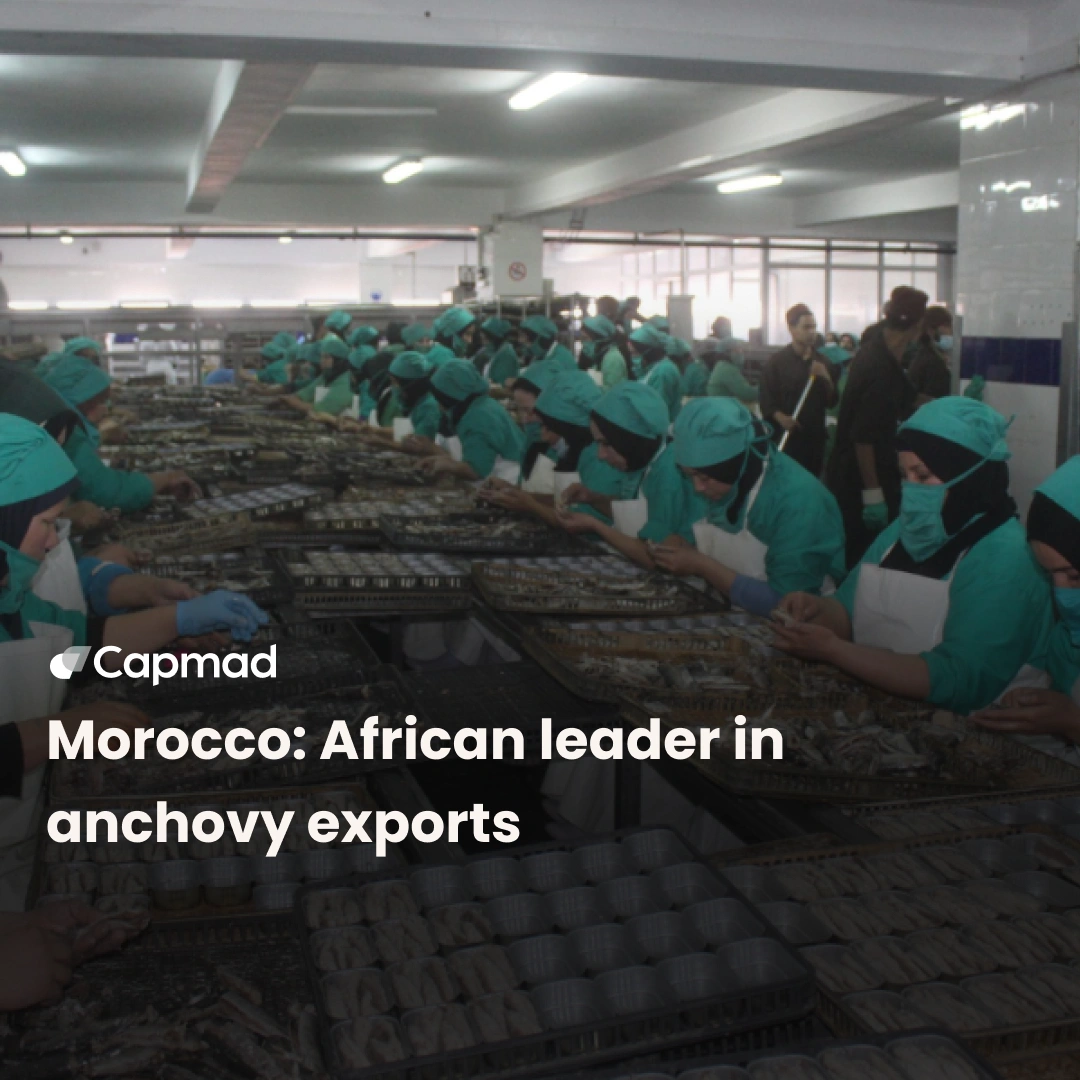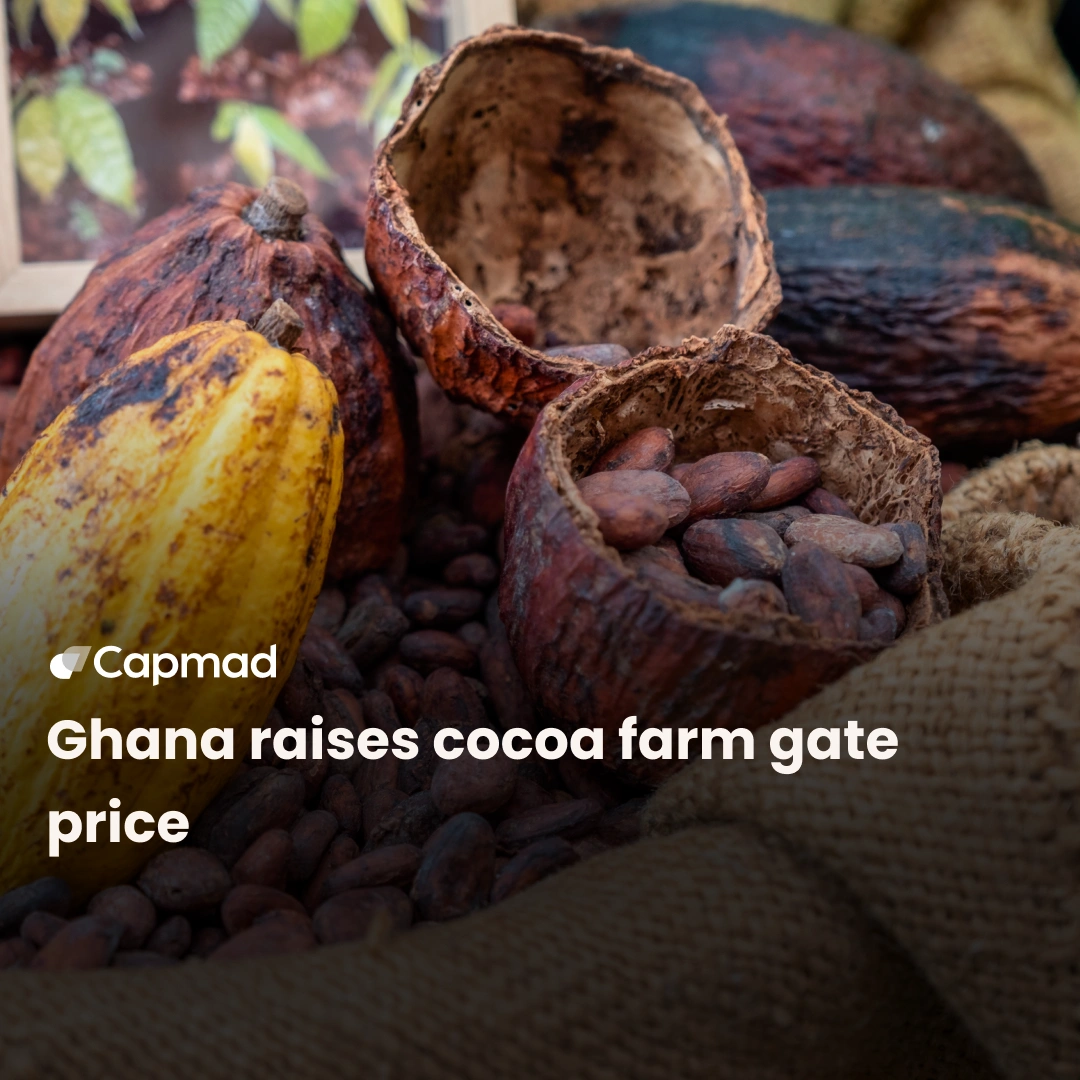AI in agriculture is set to drive the adoption of groundbreaking digital financial solutions, including credit and insurance products, for millions of farmers.
Improving agricultural productivity in Africa
In Africa, agriculture is the primary economic activity, contributing about 17 % of GDP and employing nearly 60 % of the population. Despite this, small farms, which produce around 80 % of the continent’s food and employ many women, face numerous challenges. These issues lead to low productivity, diminished incomes, and ongoing risks of hunger and food insecurity.
From Senegal to Cameroon and Uganda to Zimbabwe, smallholders rely on outdated farming methods, face limited access to capital, struggle with poor marketing systems, and have minimal access to crucial information that could enhance their agricultural practices.
The difficulty of financing for farmers
Millions of farmers lack access to quality agricultural inputs, largely due to their inability to secure credit, especially women who cannot provide bank guarantees. Gaps in financial data further complicate efforts by potential investors to assess creditworthiness, with women and young people in agriculture being particularly affected.
In recent years, climate change, extreme temperatures, and floods have increasingly threatened the future of African agriculture. Small-scale farmers, who rely heavily on rainfall and have poorly adapted coping mechanisms, are facing mounting pressure.
Recent data reveal the severe impact on the agricultural sector, with 50 % of Nigeria’s population and 26 % of Kenya’s suffering from malnutrition. This troubling trend has led to serious hunger issues in some countries, with many others facing similar or even worse conditions.
AI to innovate agriculture in Africa
Despite the significant challenges facing agriculture in Africa, the rise of digital applications and AI offers a promising opportunity to enhance the continent’s food security. Digital technologies can unlock access to markets and services, providing a much-needed boost to the agricultural value chain while addressing existing obstacles. For instance, the agribots sector comprising AI-driven robots for farming tasks is projected to reach approximately 337 million USD by 2030, reflecting a compound annual growth rate of 21 % from 2023 to 2030.
AI applications in agriculture are already showing promise in Kenya, Nigeria, and South Africa. Governments, non-state actors, and agricultural agencies working on food security in Africa have the chance to leverage AI to advance their efforts.
- Analyze vast quantities of data
- Identify patterns
- Better predict food security outcomes
AI in agriculture ushers in a new era where all players can potentially improve the accuracy and speed of critical forecasts.
AI in agricultural supply chain systems
AI applications in agriculture extend to supply chain management by providing real-time monitoring tools and ensuring optimal storage conditions to reduce post-harvest losses. AI can also enhance the value chain by streamlining distribution and increasing transparency on prices and market conditions. For example, startups like ColdHubs and Koolboks in Nigeria are developing innovative solutions to improve storage for perishable goods like fish and vegetables.
The effectiveness of AI in agriculture relies heavily on the availability of reliable data, including agronomic, meteorological, and geospatial information. In African economies, challenges such as poor data quality can limit the potential of AI-based solutions, which are crucial for optimizing agricultural operations. Additionally, the increasing reliance on mobile devices to deliver these technologies may exclude non-mobile users and illiterate farmers, potentially widening productivity gaps.







